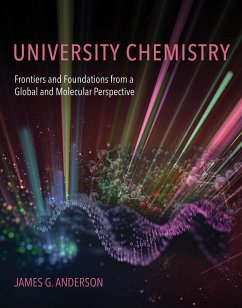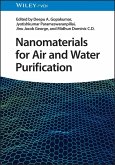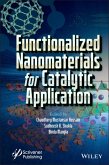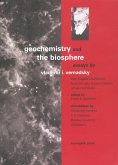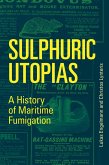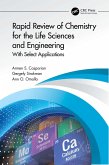A new approach to teaching university-level chemistry that links core concepts of chemistry and physical science to current global challenges. Introductory chemistry and physics are generally taught at the university level as isolated subjects, divorced from any compelling context. Moreover, the "formalism first" teaching approach presents students with disembodied knowledge, abstract and learned by rote. By contrast, this textbook presents a new approach to teaching university-level chemistry that links core concepts of chemistry and physical science to current global challenges. It provides the rigorous development of the principles of chemistry but places these core concepts in a global context to engage developments in technology, energy production and distribution, the irreversible nature of climate change, and national security. Each chapter opens with a "Framework" section that establishes the topic's connection to emerging challenges. Next, the "Core" section addresses concepts including the first and second law of thermodynamics, entropy, Gibbs free energy, equilibria, acid-base reactions, electrochemistry, quantum mechanics, molecular bonding, kinetics, and nuclear. Finally, the "Case Studies" section explicitly links the scientific principles to an array of global issues. These case studies are designed to build quantitative reasoning skills, supply the technology background, and illustrate the critical global need for the infusion of technology into energy generation. The text's rigorous development of both context and scientific principles equips students for advanced classes as well as future involvement in scientific and societal arenas. University Chemistry was written for a widely adopted course created and taught by the author at Harvard.
Dieser Download kann aus rechtlichen Gründen nur mit Rechnungsadresse in A, B, BG, CY, CZ, D, DK, EW, E, FIN, F, GR, HR, H, IRL, I, LT, L, LR, M, NL, PL, P, R, S, SLO, SK ausgeliefert werden.

